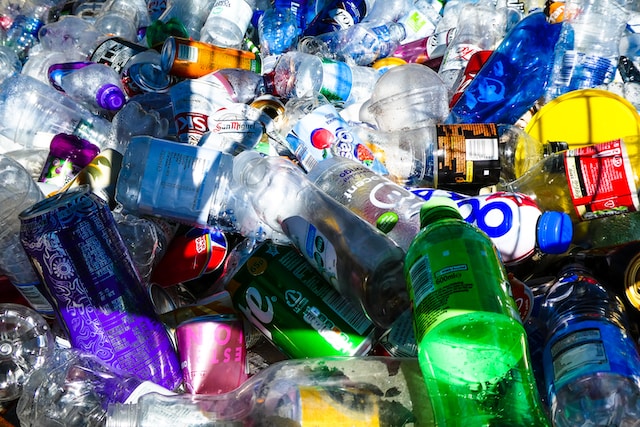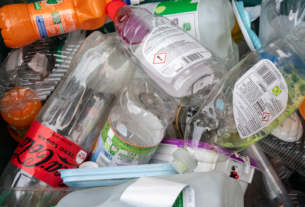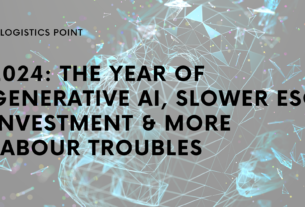Organisations throughout the supply chain sector are implementing green initiatives and are trying to show how serious they take NetZero to consumers. Many, however, do not carefully consider what their actions really mean and can fall victims of their own green claims. We spoke to Andrew McCaffery from Ecoveritas about greenwashing, what companies can do to report real successes and what new legislation can mean for the packaging sector specifically.

Join Ecoveritas on the 16th May for our online sustainability event Delivering Green: Creating Sustainable Supply Chains.
Andrew, how prevalent is greenwashing in the packaging sector?
I think it happens but it is not often on purpose. Many companies switch from one material to another and then make claims that cannot be easily verified. I do not believe intentional greenwashing is prevalent but many people just do not fully check.
So how can companies distinguish between the feeling of doing the right thing and actually doing it?
This is a very difficult thing to look at. Just claiming something is not enough. What organisations need to do is a full life cycle assessment. This will include comparing the original material to the new one and making sure it performs better in the same conditions.
Often companies simply switch from plastic to cardboard for example. They think it has a lower environmental impact but in reality cardboard has a high level of water usage. Also, companies can have a very legitimate point and do things with the best intentions.
Companies do not do that full assessment because it can be costly, it is time consuming and often they do not have all the needed information.
It sounds like there needs to be a very strategic planning process?
For those who take environmental issues seriously, it is a very strategic problem. It includes changing the whole supply chain and production process, where you source materials from, etc.
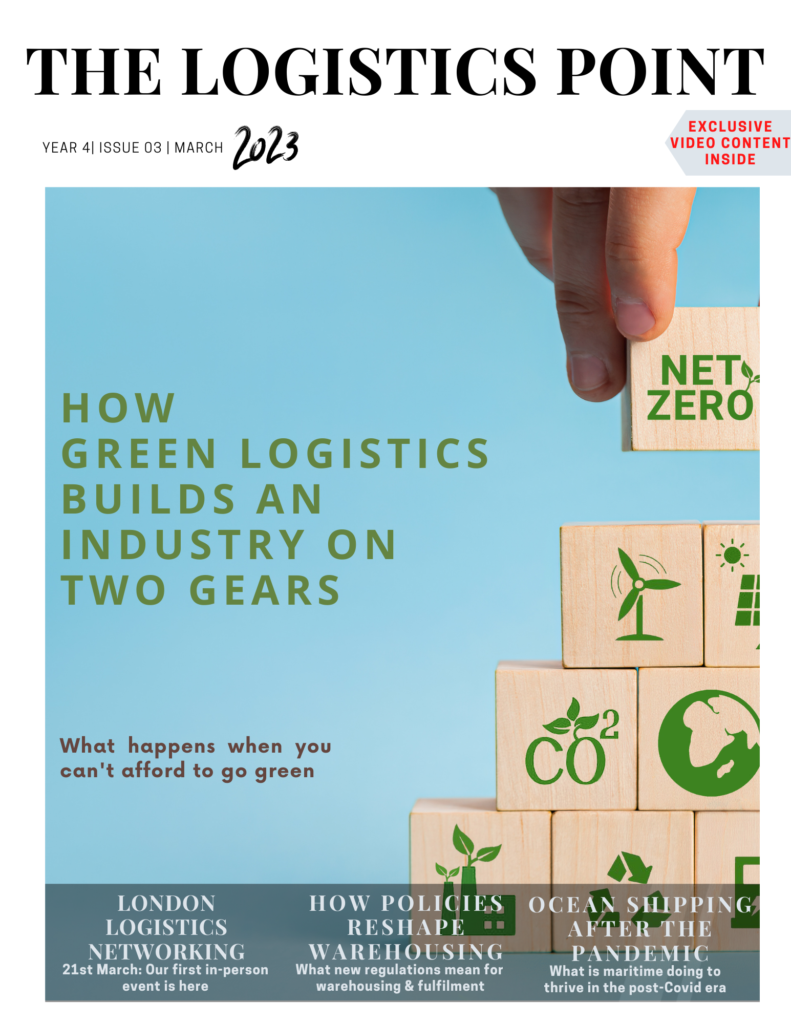
You also need to consider which countries you produce in. If you are manufacturing something in France, which has a lot of nuclear power, then the end product will have a lower CO2.
Regulations are also pushing companies to use more recycled materials. This leads to the need for careful consideration of the sourcing strategy. For many this means taking full control of the life cycle.
How about costs?
This will be determined by the assessment. We have done studies on full supply chains and then played different scenarios. Based on a specific material, costs change. But the costs involve also the change in the manufacturing and packaging facilities.
Another aspect, apart from cost, is whether you will be able to secure the raw material for a long term and at a cost that you will be able to afford continuously. Legislations like Extended Producer Responsibility are coming in the UK and in the EU. Certain products will just not be available in the coming years. So anybody sitting here today thinking of a three year cycle for the packaging of a four year cycle is missing the point. They need to look further than that and plan accordingly.
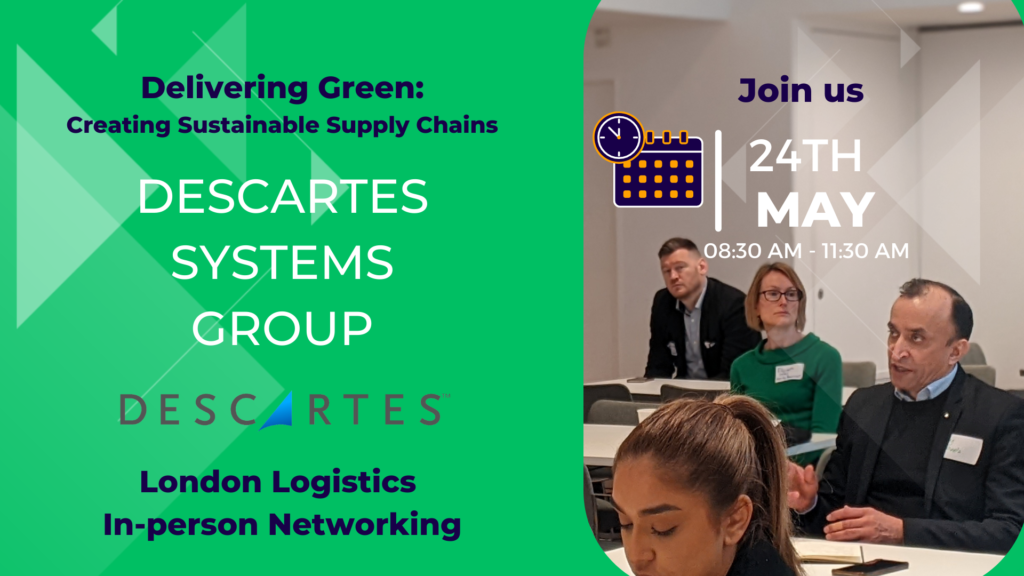
How are those legislation you mentioned going to impact local operations?
In Scotland, for example, from August consumers will be able to claim 20p back when they return bottles. This will have an impact on production and prices.
Smaller packs can become more expensive and people would prefer to buy larger packages. Multipacks have all of a sudden become less desired. Companies will have to change the sizes but this will have an impact on the quality of the product. For fizzy drinks this could mean a change in how much CO2 is being put in the formula.
So legislations are good but they can have a real impact on how people consume and how companies produce. And if the plastic tax increases, some companies would simply not be able to afford it because they have not looked at the issue strategically.✷
Join Ecoveritas on the 16th May at our online, free conference Delivering Green: Creating Sustainable Supply Chains. You can get a ticket now! And you can also join us on the 24th May for our second London Logistics Networking event.
